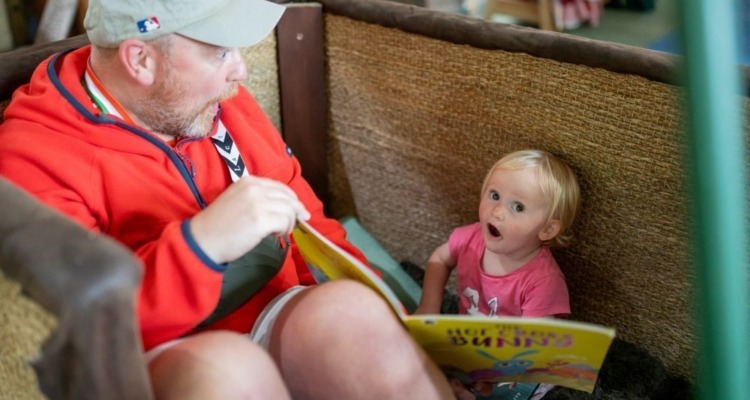Spotlight on Northern Ireland: Criminal Justice Settings
This is the first in our 'Spotlight on Northern Ireland', a series of reports and stories from Patricia Canning, our Northern Ireland Project Worker. This week, she discusses the impact of her original project at HMP Hydebank.
Since July 2010, I have been reading with a group of women in prison at Hydebank, Belfast. There are approximately 44 women in prison, a lot of them high profile, all of them wishing they were somewhere else. For two hours every week they inhabit all sorts of places; Dickens’s London streets, Constantine’s Italian mountains, Carver’s American diner, to name a few. Other times, we sit quietly contemplating the creative genius of Plath’s poetry. We have read together consistently for almost two years and the women have learnt much about themselves, each other, and the reading experiences they have collectively shared over time. The benefits of shared reading are best expressed in the words of the women for whom the reading sessions have made a profound difference. J says:
“When we go back to our cell, we take [the] stories and poems with us, as thoughts, not paper. We get locked when we go back, and those stories get locked with us. Last week, that story (David Constantine’s ‘Under The Dam’) was about me. It was my life. I could identify with that woman who has lived a lifetime of feeling second-best in her husband’s eyes. I thought about it for days, that story, I mean. I thought about my own life, how I have dealt with those feelings. The story helped me to see it from someone else’s point of view and I was able – finally - to make my peace with it.”
Reading helps us, in the most basic sense, to realise that it’s OK to feel what we do, however alienating those feelings can be – sometimes, just reading about an experience expressed in language that we have never been able to master (because the emotion swamps or blocks our objective ability to find the ‘right’ words) is enough to grant us that peace that comes from knowing that those feelings are legitimate, that we are not the only ones living this life, having this experience. In short, through reading we learn, in J’s words, “to make our peace with it”.
Get Into Reading is different because it is preventative, building genuine support networks and raising the confidence and aspiration of some of Northern Ireland’s most vulnerable and marginalised community members.
Hydebank is our first pilot project in NI. We have just completed a short pilot project with the Educational Shakespeare Company (ESC), Belfast, which supports male ex-prisoners. We have applied for funding to run a year-long project in the ESC which welcomes people who have experienced (or are at risk of entering) the criminal justice system as well as offering a transitional medium through which male and female offenders who have become familiar with the project inside prison can continue with their participation in the community on their release.
Next week: Part 2 of the series features H's story, one of the ex-offenders who attended the ESC project.
Share
Related Articles

We cannot just tell parents to read more. To truly improve children’s futures through reading, we need to properly support the adults around them to do so.
Responding to the Department of Education's announcement that 2026 will be a Year of Reading, The Reader's Managing Director Jemma…

Shared Reading in Wirral Libraries: ‘As a kid people read stories to you but as an adult you lose that – and it’s a fantastic thing to do!’
Two Strategic Librarians for Wirral Libraries, Kathleen McKean and Diane Mitchell have been working in partnership with the UK’s largest…

Open Air Cinema and Theatre FAQ’s
If you were able to snap up tickets to our Open Air programme this summer, check below for any queries…


